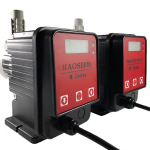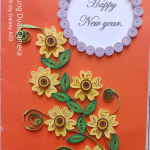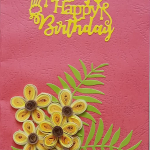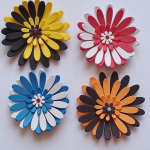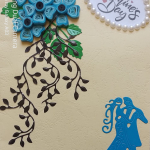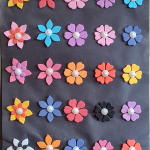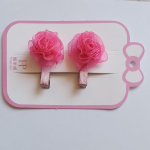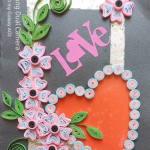How do you develop your vocabulary?
Some people enjoy it, while others despise it, but the more you read, the more words you'll encounter. This is critical for improving your English proficiency. Reading does not have to be a tedious experience. The New York Times, for example, publishes blogs, broadsheet pieces, periodicals, books, and journals. You can also learn about people, cultures, animals, and locations around the world by visiting websites like National Geographic. Read about topics you're interested in, such as food, gardening, fashion, celebrity news, economics, science, and politics. As you read, new words will appear in context. The meaning of new words can be deduced from the context of the phrase. If not, look up the word in an English-to-English dictionary and add it to your list.
Pay attention to English speakers.
Listening to podcasts is one method to do this. You may listen to podcasts about politics, fashion, society, and other topics by searching by topic. These are beneficial since they are usually conversational, emulating the types of conversations you might hear in real life. Lectures are another option for listening. These are more formal, but they're still incredibly valuable because they'll teach you a lot of new English vocabulary and follow a structured format that makes it simpler to follow. When you hear a word you don't recognize or have trouble pronouncing, repeat it and sound it out. You can choose English sub-titles while watching. This will help you to see the spelling of new words that you hear in the talks and associate the pronunciation with the spelling. Then you should practice saying that word over and over.
Every day, learn 5 new words.
Every day, look for 5 new words in the English Learner's Dictionary word of the day, which includes a meaning, pronunciation, word form, and example sentences. Add them to your word diary, and make an effort to use each one on a daily basis.
Remember to write
Writing in English is an excellent approach to integrate new terms into your English vocabulary. It's also a terrific technique to embed these new terms in your mind and add them to your mental vocabulary. Write a sentence when you add a word to your word cluster . Write four phrases, each using a distinct form of the word (noun, verb, adjective, adverb) if you know different forms of the term.
Make reading a habit.
When you encounter terms in context, it's easier to increase your vocabulary. Seeing terms in a novel or a newspaper story is significantly more useful than seeing them on a vocabulary list. You not only learn new terms, but you also get to observe how they're utilized.
Use a dictionary and a thesaurus to help you out.
When utilized correctly, online dictionaries and thesauruses are valuable resources. They can help you remember synonyms that are actually better words in the context of your work. Another technique to learn vocabulary is to look up antonyms, root words, and similar words in a full dictionary description.
Play word games.
Play word games with your friends. Scrabble and Boggle are two classic games that might help you enhance your English vocabulary. Crossword puzzles are another option. Follow up rounds of these word games with some note-taking if you really want to be efficient. Make a list of the different words you learned while playing the game, and go through it again and again.
Make use of flashcards.
Using flashcards to study a number of words is a rapid way to create a broad vocabulary. A wide range of smartphone apps make flashcards convenient and easy to arrange in today's digital age. It's appropriate to set a goal of learning one new word per day. You can always strive for more, but it might not be practical to learn dozens of English terms every day.
Practice conversing with new terms.
It's possible to have a large vocabulary without knowing how to utilize it. This implies that you must utilize your personal dictionary on your own initiative. Make a point of employing an interesting word you come across in your reading in conversation. You may practice the art of word choice and, with a little trial and error, hone down on the correct word for a given context by testing in low-stakes circumstances.








